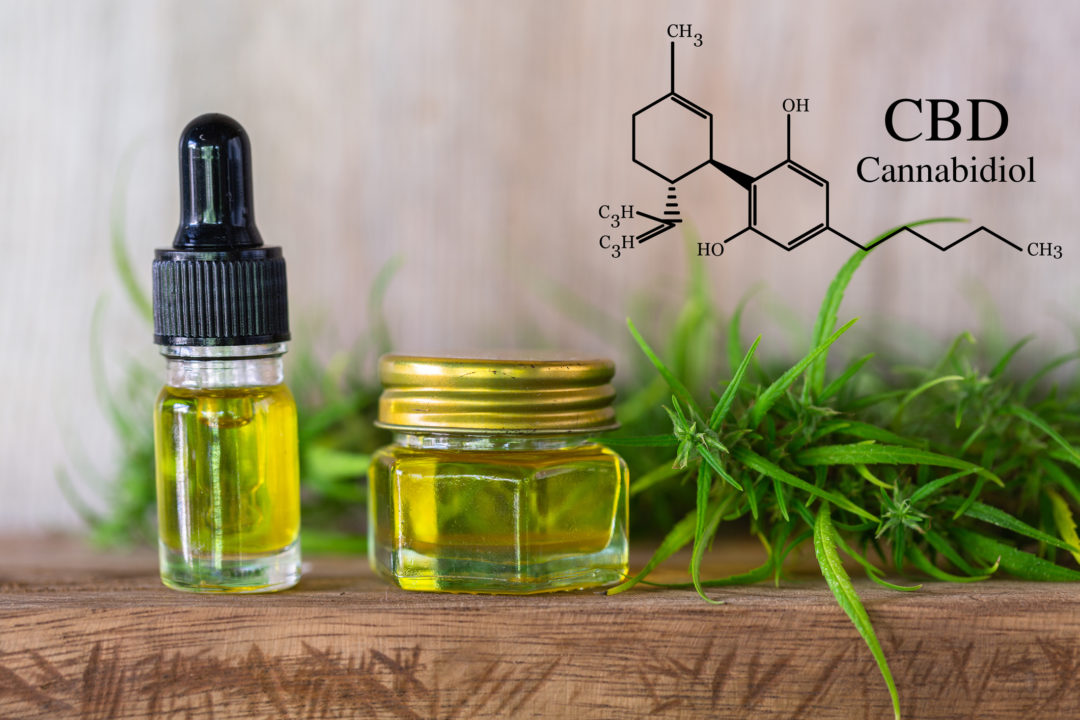FDA notes in their statement that, while CBD is available in a variety of products, the agency has recently updated the public on concerns about potential harm from CBD products, including: potential liver injury, interactions with other drugs, and male reproductive toxicity. The statement notes that the agency knows very little about potential side effects, or about the effects of sustained and cumulative use of CBD. “This does not mean that we know CBD is unsafe to these populations or under these circumstances,” the statement says, “but given the gaps in our current knowledge, and the known risks that have been identified, we also are not at a point where we can conclude that unapproved CBD products are safe for use.”
FDA’s statement says that the agency will continue to expand educational efforts on this front, and specified that they will continue to update theironline resourcesfor consumers, researchers, and industry, while maintaining lines of communication with Congress, industry, researchers, and regulatory partners at every level in order to share and collect information.
Related: FDA Misses Deadline for Report on CBD Regulation USDA Delays Enforcement of Disposal of Non-Compliant Hemp Plants UK Sets Upper Limit for CBD, Deadline for Authentication
FDA is seeking reliable, high-quality data to close the gaps in the agency’s knowledge regarding a variety of topics, including: the sedative effects of CBD; the impacts of long-term exposure to CBD; the effect of different forms of CBD administration on its safety profile; the safety of CBD for use in animals; and the processes by which full spectrum and broad spectrum hemp extracts are derived, and how those products may compare to CBD isolate products. FDA is encouraging, facilitating, and initiating more research on CBD, and providing venues for industry and researchers to share data with the agency.In the meantime, FDA said it is monitoring the marketplace, with intent to take appropriate action against CBD products that pose a risk of harm to public. The agency is evaluating issuance of a risk-based enforcement policy that would provide transparency and clarity regarding factors the agency intends to take into account when choosing which products to take action against. However, the statement outlined some of the worries FDA has:
“We have seen many CBD products being marketed with claims of therapeutic benefit, such as treating or curing serious diseases such as cancer and Alzheimer’s disease, or other drug claims, without having gone through the drug approval process. The proliferation of such products may deter consumers from seeking proven, safe medical therapies for serious illnesses – potentially endangering their health or life.
“We also have serious concerns about products that put the public at risk in other ways. For example, we are aware of the risks posed by product contaminants such as heavy metals, THC or other potentially harmful substances. We also have significant concerns about products marketed with false claims or statements such as omitted ingredients, incorrect statements about the amount of CBD, products marketed for use by vulnerable populations like children or infants, and products that otherwise put the public health at risk.”
Industry Reactions
The Natural Products Association (NPA) slammed the report; President and CEO Daniel Fabricant, Ph.D., said in a press release: “This is more of the same from FDA: All words and no action. Setting a safe level of consumption for CBD products is the best way to move forward with this promising new product while protecting consumers.” The release notes that FDA was two weeks late with the report, based on the deadline set by Congress.
The Council for Responsible Nutrition (CRN), too, was unhappy with it. Steve Mister, President and CEO, released the following statement:
“CRN is disheartened by today’s FDA report to Congress on CBD. The time for 'active consideration and evaluation' has long since passed. As we’ve said before, the time for action was more than a year ago, but we will settle for now. Today’s report amounts to more bureaucratic can-kicking, and Congress should recognize it as such and take action now to declare CBD a lawful dietary ingredient. That will direct FDA to allow CBD in dietary supplements and impose that significant regulatory framework on these products.
“Every day, more CBD products come to market, some from responsible manufacturers, and some from less reputable companies. By not enforcing the full range of dietary supplement regulations on this category, FDA is essentially an absentee regulator and the public is at risk. As several recent risk assessments have demonstrated, the safety of CBD as an ingredient itself is no longer an issue. However, as long as FDA “actively” continues to drag its feet, the public is at risk from CBD products that may be poorly manufactured or illegally marketed. The best way to protect public health and promote market clarity is to give industry a clear pathway to market.”










